Genetic Testing in Horses
With recent advancements and decreases in cost in sequencing and genome annotation, our knowledge of genetics and it’s effect on horse health has grown exponentially. These advancements have made genetic testing services for horse more numerous, relevant, affordable and more convenient than ever.
With this blog post, we hope to educate you about the resources available and answer some questions about genetic testing and how you and your horse can benefit from exciting new discoveries and these tools. We certainly can’t cover every aspect of horse genetics here, so feel free to reach out with any questions about your specific horse.
What horses should get genetically tested?
Any horse! Just like for people, genetic testing can be a fun way to get to know more about your horse. There are also certain diseases that have scientifically validated genetic causes. These may be recommended on a case by case basis if your veterinarian is suspicious of one of these diseases based on clinical signs. We have genetic tests for diseases that are specific for Arabians, Quarter Horses, Friesians, Haflingers, Thoroughbreds, and more!
It is especially important to screen breeding stock for disease alleles. We can improve the health of future generations by breeding responsibly!
How do I submit a genetic test?
It is incredibly easy! Just pull 20+ hairs from the mane or tail with the root bulb of the hair attached and either contact the clinic for submission. https://vgl.ucdavis.edu/sample-collection/horse
There are many different private companies and universities that offer genetic testing. Universities typically only offer tests that have passed rigorous investigation and are scientifically validated. Most university laboratories are not for profit and these laboratories follow university mission to contribute to research and to education on genetic testing. Private companies do not have this restriction and there have been a few cases over the last few years where private testing companies have offered tests that were later debunked.
Many universities have excellent genetic testing programs. However, one of the best is the Veterinary Genetics Laboratory at UC Davis (*disclaimer, Dr. Maura is biased because she worked and did research there as an undergraduate student an prior to Veterinary School!). https://vgl.ucdavis.edu/
What kinds of diseases can we test for?
We cannot discuss all of them here today, because there are too many! However, here are some of the most common genetic disease tests. Breeds are genetically distinct groups. As a result you only find certain disease alleles in specific breeds. It does not make sense to test your horse for every possible disease if they are not in the specific breed group.
Quarter horses and related breeds: Glycogen Branching Enzyme Deficiency (GBED), Hereditary Equine Regional Dermal Asthenia (HERDA), Hyperkalemic Periodic Paralysis (HYPP), Myosin-Heavy Chain Myopathy (MYHM), Malignant Hyperthermia (MH), Polysaccharide Storage Myopathy (PSSM1)
Arabians: Cerebellar Abiotrophy (CA), Lavender Foal Syndrome (LFS), Severe Combined Immunodeficiency (SCID), Occipitoatlantoaxial Malformation (OAAM)
Haflinger, Belgian and Rocky Mountain Horses, Connemara Ponies: Ocular Squamous Cell Carcinoma
Saddlebred and Belgians: Junctional Epidermolysis Bullosa
Many breeds: Lethal White Overo
Connemara Pony: Hoof Wall Separation Disease (HWSD)
Tennessee Walking Horses and Appaloosa: Congenital Stationary Night Blindness (CSNB2)
Warmblood: Fragile Foal Syndrome (FFS) Type I
Miniature Horses: Skeletal Atavism
Many breeds: PSSM1
Genetic testing can also be useful to best understand coat color! Coat Color genetics are so fun!
Many coat colors in horses have a documented genetic cause. There are many genetic variants that contribute to pigmentation. Sometimes these combinations can make it difficult to determine a horse’s coat color by just looking at them alone. Researchers are also discovering new white spotting mutations every year!
For breeds where coat color is important, knowing the genetic basis of your horse’s coat color can help educate breeding decisions and expectations.
Sometimes, we are just testing coat color out of curiosity. However, there are coat color mutations that are associated with certain medical conditions. Some of these include Appaloosa spotting, grey, overo, and silver dapple. https://vgl.ucdavis.edu/tests?field_species_target_id=266
Coat color in horses is Dr. Maura’s side hobby, so if you have any questions about it, she’d love to chat!
Breed identification
Another thing that can be tested for with genetics is breed identification panels. While they can be helpful in identifying horses that are purebred, the accuracy relies on the accuracy of the reference database being used to make comparisons. To date there are no studies published on the accuracy of these tests. So take the results with a grain of salt. That being said, it’s a fun and harmless way to investigate the background of your horse.
There are multiple panels offered out there, I would recommend the Texas A&M service, since they are likely to have the most research based test available for breed assignment. https://vetmed.tamu.edu/animalgenetics/horse-ancestry/
How can I contribute to research?
There are many active equine genetics studies being performed at multiple universities nationwide. Some of the places that have robust equine genetics programs are UC Davis, University of Kentucky, University of Minnesota, and Cornell University. These are public universities and all of the researchers are excited to interact with you. If you feel that your horse has a genetic or hereditary condition, or a condition applies to one of the ongoing research projects, you can reach out to these people and send in genetic samples. It’s horse owners like you that make these studies possible!
https://vgl.ucdavis.edu/research/bellone
https://gluck.ca.uky.edu/genetics
https://www.equine.umn.edu/research/equine-genetics-and-genomics-laboratory

